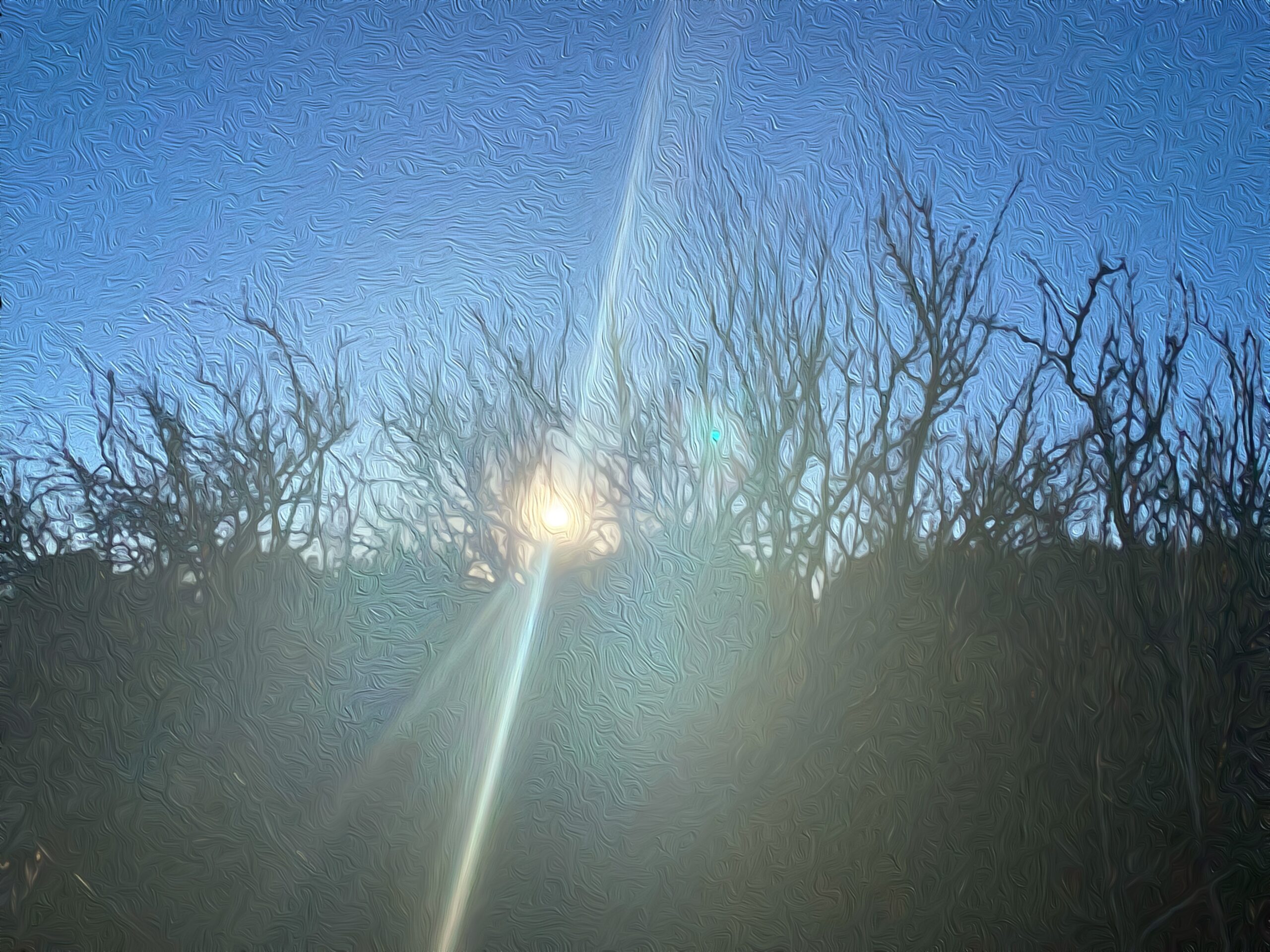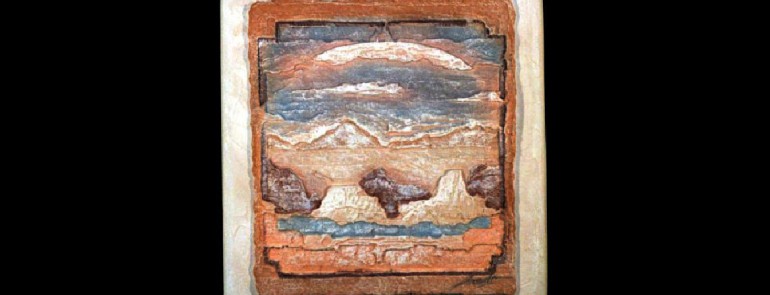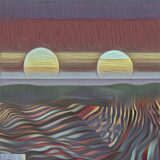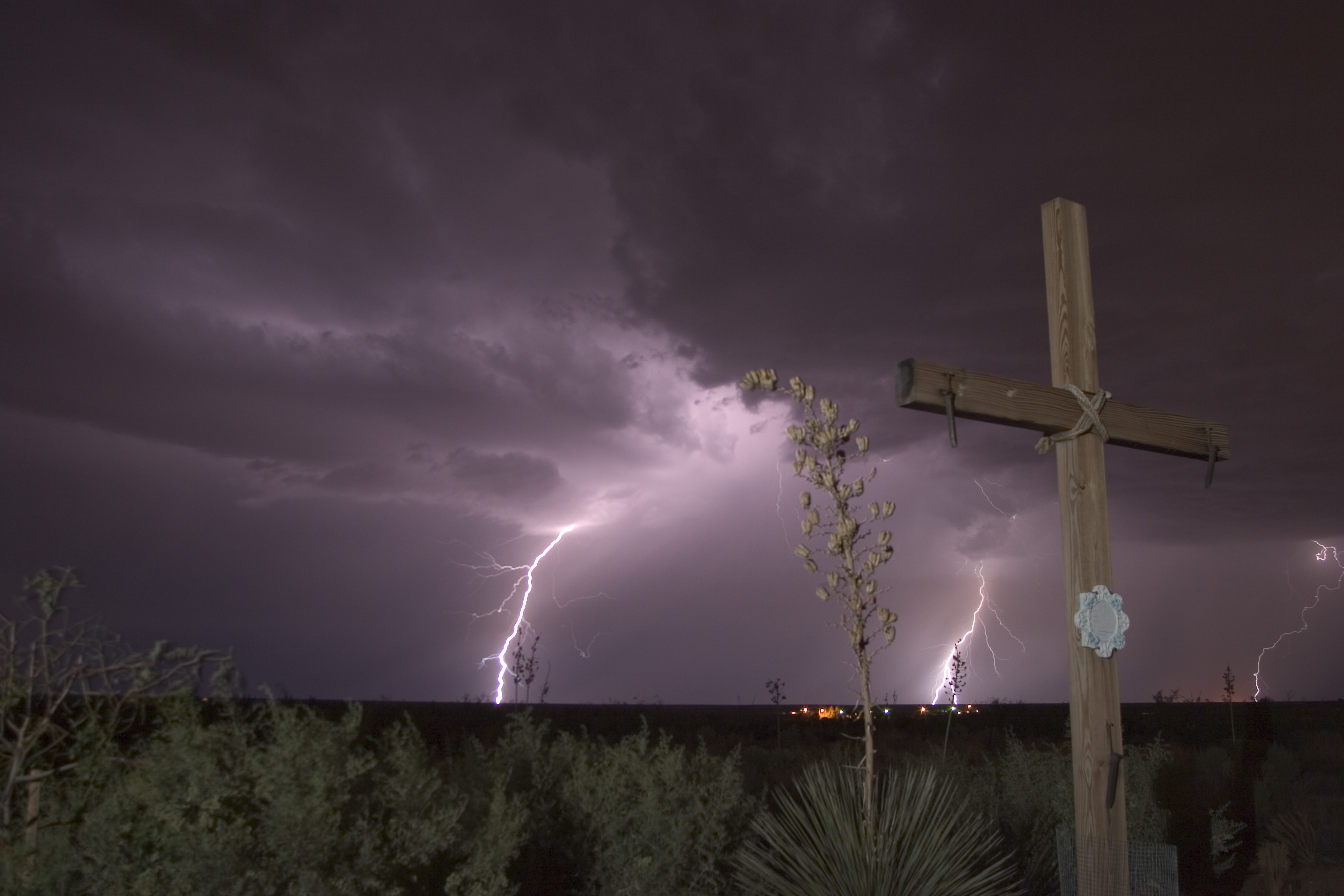Epiphany
Gospel Reading:
Matthew 5:13-16
Jesus said to his disciples: “You are the salt of the earth. But if salt loses its taste, with what can it be seasoned? It is no longer good for anything but to be thrown out and trampled underfoot. You are the light of the world. A city set on a mountain cannot be hidden. Nor do they light a lamp and then put it under a bushel basket; it is set on a lampstand, where it gives light to all in the house. Just so, your light must shine before others, that they may see your good deeds and glorify your heavenly Father.”
________________
Reflection:
“Holes in the Heart”
by David Morrison
The Sermon on the Mount, as it is often called, contains the central teachings of Jesus in the first three gospels. When read solely through a moralistic lens, it often leads people to become oriented toward maintaining an image or reputation of righteous behavior, which always results in an inward judgmental attitude. A contemplative reading of this teaching leads not to projecting one’s moral strengths over others, but to becoming more vulnerable and human. The “removal of the bushel basket” over the light is the removal of the exterior self and the light that streams outward is the true self. Carl Jung asserted that we spend the first half of our lives building up a strong identity, but the work of the second half of our lives is to surrender that identity. I think most people don’t become who they truly are (“salt and light”) until they are very close to their deaths when they have nothing to lose. I’ve heard several stories over the years from different workers in elderly care and hospice who’ve witnessed complete personality changes in people who are close to death. And so the paradox of desiring a “holy heart” is to have “holes in the heart.” The blows of disappointments, suffering, failures, and rejections in everyday life break open jagged holes in our hearts. We resent the damage, and it takes a long time to learn that the goal of the spiritual life isn’t to patch up the holes, but to allow them to become windows for the light of God’s presence, goodness, and mercy to shine through our vulnerability. When truth is infused into our lives, we don’t become smugly secure—we become authentically human. Every expression of intimacy in life is rooted in making ourselves vulnerable to another: in sexuality, personal relationships, and being open to ourselves. St. Irenaeus wrote that the “glory of God is the human person fully alive.” We make friends with God by making friends with our lives. Irenaus also wrote that “God passes through humanity so humanity may pass through God.” The Eastern Orthodox tradition calls this the process of “divinization,” and is a lost truth to the western modern world. In the Incarnation, God becomes human so that humanity may become incorporated into God. And so we begin the first leg of the spiritual journey saying, “Look what I’ve done for God,” but as life punches the holes into our hearts, and the light comes streaming through, we say, “Look what love has done to me.”
_______________
Prayer:
Lord: Reduce me to Love.
-Kenn Gulliksen
______________
A Prayer for Enfolding and Emitting
by David Morrison
Holy Spirit, enfold me into yourself
Protect me, encompass me, Cradle me:
in my hunger, in my fear, in my sleeping.
Holy Spirit, emit yourself through me
Release me, send me, broadcast me:
in your filling, in your courage, in your wakefulness
Abba.
______________

Sun streaming through Mesquite thorns (filtered photo, David Morrison, 2023).
*Banner image: Unknown





